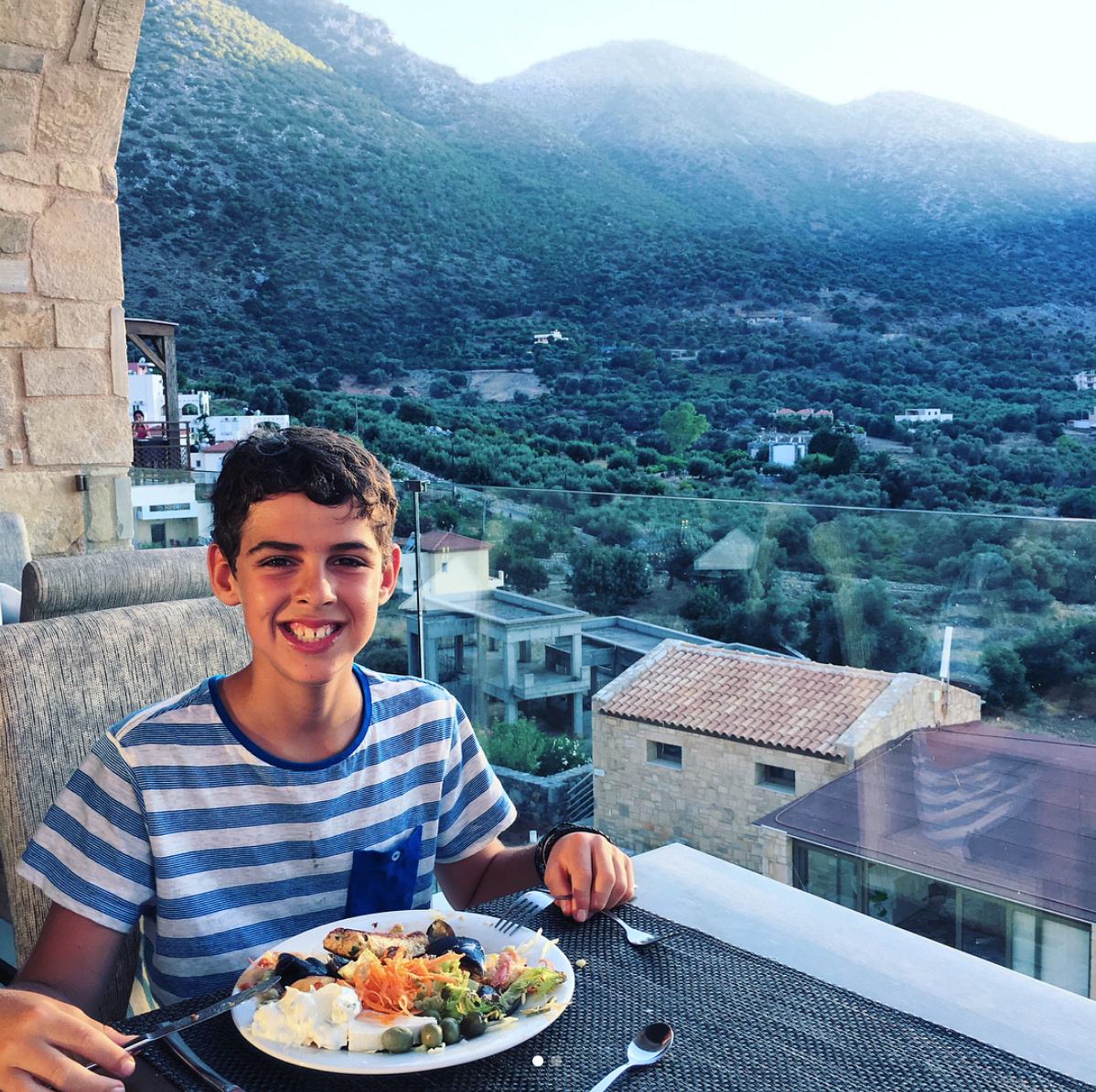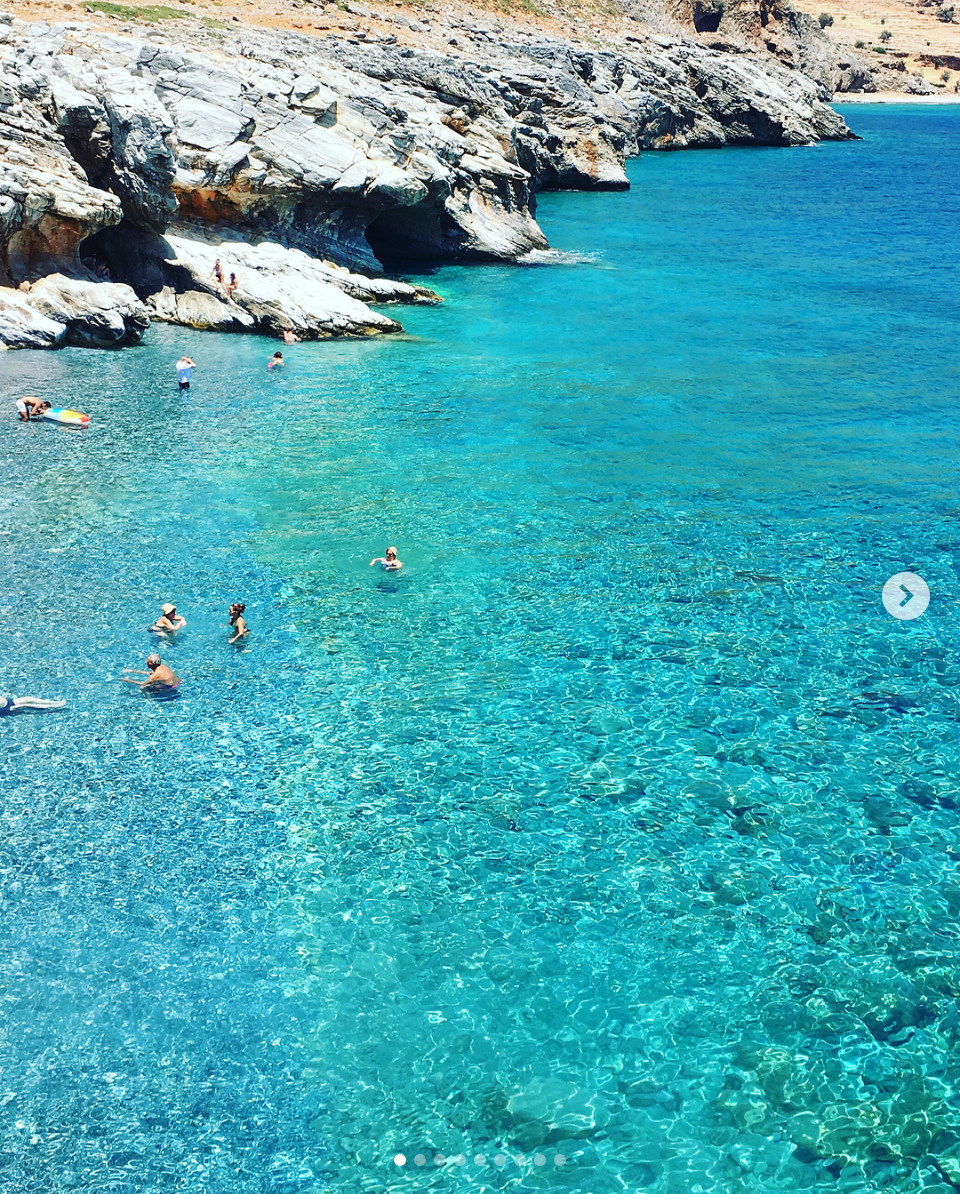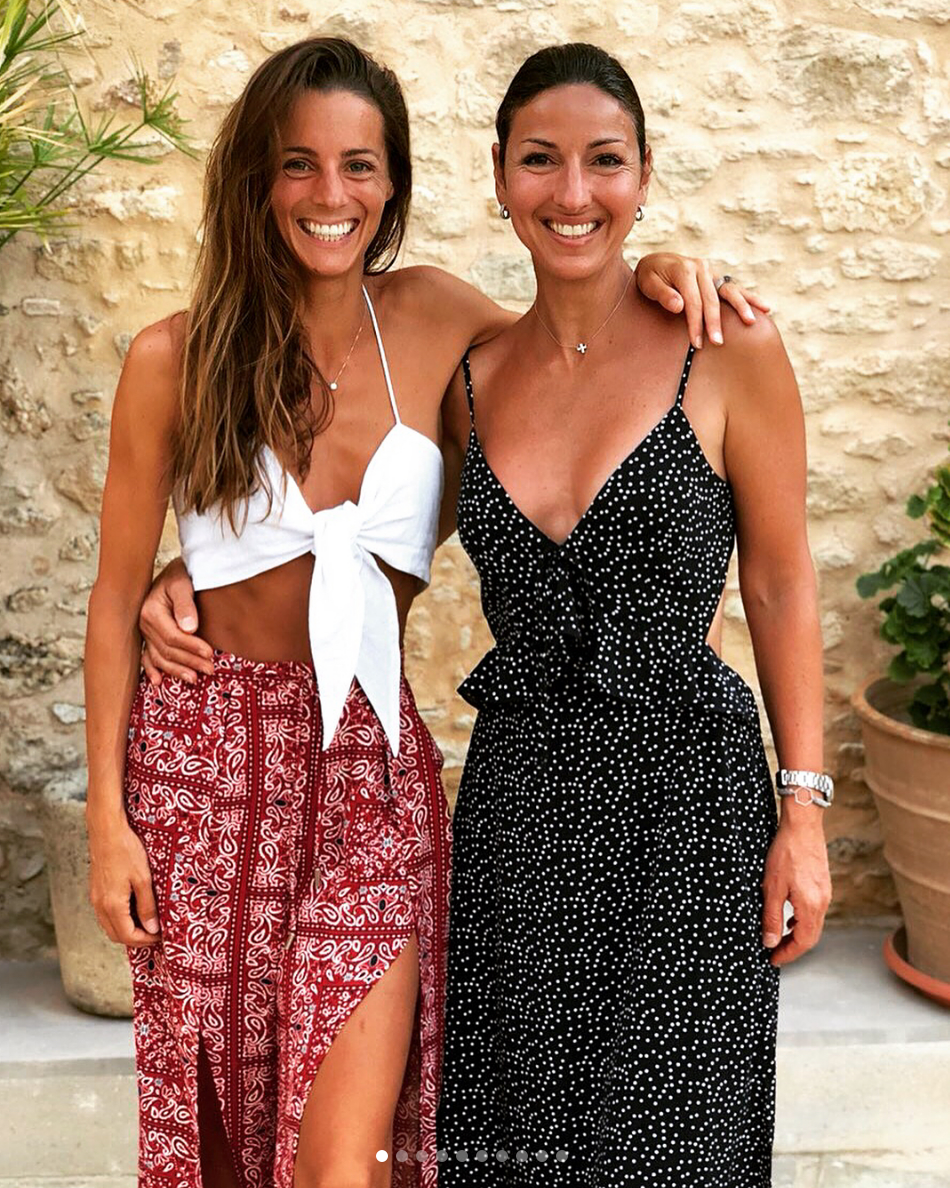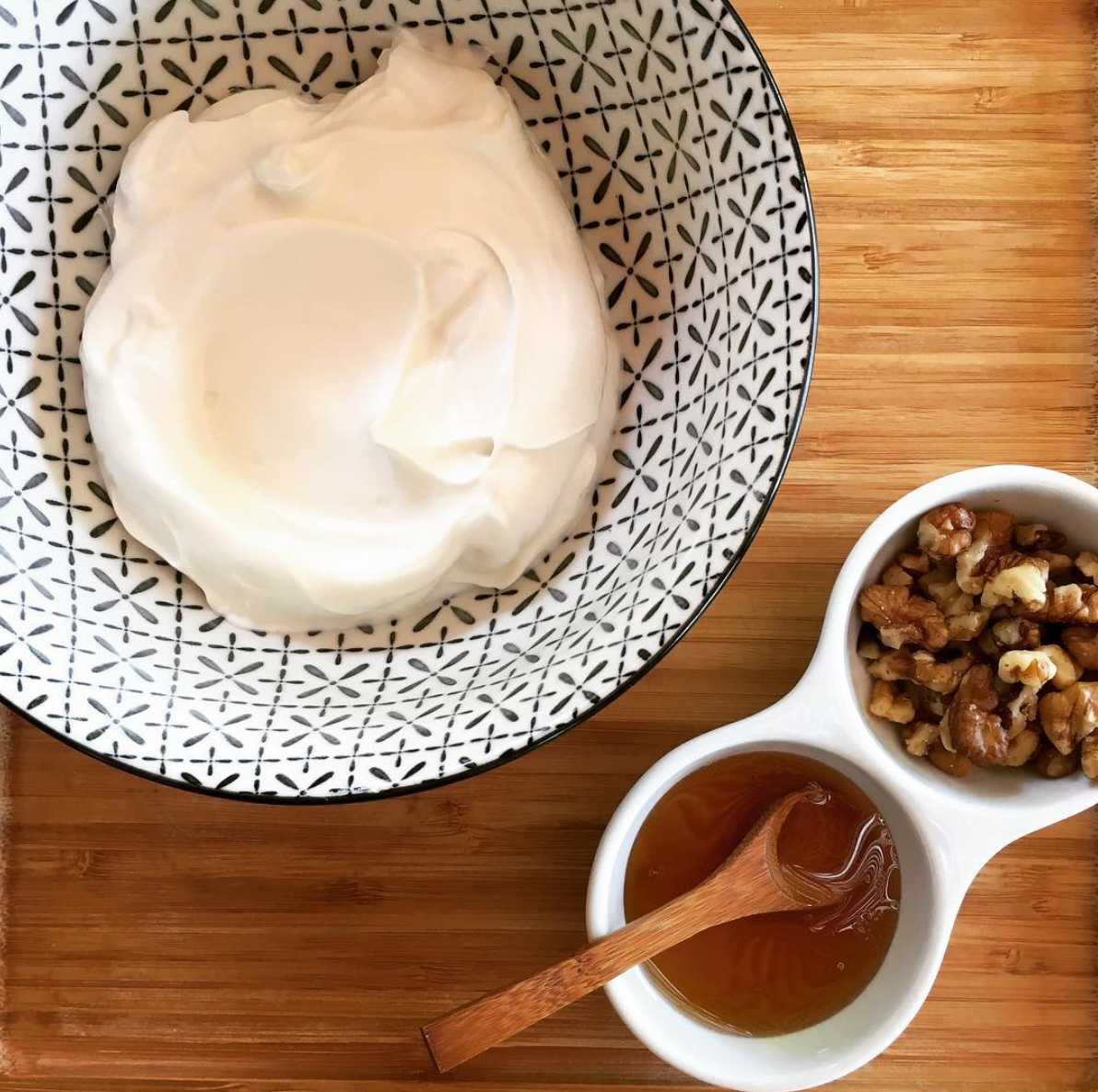How healthy is your relationship with food?
Guest User
There’s nothing like travelling to test your relationship with food.
Many many years ago when I learnt about the dangers of refined sugar, refined gluten and industrial seed oils and the importance of proper food sourcing and preparation (all of which I discuss at length in my health coaching sessions) I found myself becoming quite stressed and anxious about eating out or the kids being given food with questionable ingredients by well meaning family, friends and teachers. I could feel the cortisol rise in my body at the prospect of me or my kids ingesting something that was scientifically proven to be harmful. This really hit home after I had kids because the nurturer in me just wanted to protect my bubbas from toxins and anything that could harm their little systems, and there was nothing like stepping into motherhood that increased my desire to be the healthiest version of myself so I could best care for my children who are so dependent upon me.
But the irony is that stress is more toxic than the most toxic food. And stressing over food is just as bad if not worse than any physiological effect that the food in question can have on your body. In extreme cases stressing over food can develop into orthorexia- where the thought of food and it’s effect on your body becomes all consuming and your relationship with food degenerates to a constant stress. Obviously this ain’t healthy and many of us experience it - myself included to a degree- when you start out on your health and wellness journey and realise that the diet you’ve been eating up to that point in your life (as promoted as healthy to us by mainstream dietetics) may in fact have been the contributing cause of your health crises.
Here’s where I got to: yes we need to educate ourselves on the source and processing of our food and to be conscious about the effects of processed foods on our body. Yes we need to make good food choices where we can and healthy swap all the crap with nutrient dense versions. But unless you want to live in a bubble, there are inevitably going to be certain times (such as travelling or visiting well meaning friends and family) when you or your kids are going to eat - either consciously or unwittingly - ingredients that you wouldn’t usually eat by choice in your own home. And here’s the kicker: you need to make peace with that. You need to take the stress out of that situation and surrender to what is and accept the fact that sometimes there are greater powers at play - like the emotional nourishment of sharing a meal with friends and family in a beautiful place, or the joy that a child experiences when they eat yeasted bread or pasta that they made with their own hands in a cooking class.
I’ve always believed that food should be a source of not only energy and nourishment but also a source of PLEASURE. It shouldn’t be stressful. Yes I’ve eaten things on my recent Cretian adventure and other trips that I wouldn’t normally eat. Have I stressed about it? Hell no. Did I enjoy it? Hell yes. That’s when you know when you’ve got a healthy relationship with food. Do I throw complete caution to the wind and eat everything and anything on a menu or at a buffet? No, because I make choices to avoid what I know is obviously unhealthy primarily because as I no longer see that as real food and secondly because I don’t want to feel and look crap later. I want to look and feel vibrantly alive and robust.
I appreciate that the extent to which you can relax into what you are eating is largely dosage and constitution related. Someone with gluten sensitivity or coeliac disease may have a zero tolerance threshold to gluten which must be adhered to always else the consequences are not worth it. As my kids and I have robust digestion and no health issues it comes down to me setting some healthy boundaries which are inevitably more relaxed when we are eating outside of my house. A small amount of refined gluten and refined sugar here and there which inevitably comes across our plates without us seeking it out, isn’t going to noticeably effect me and my kids so having a piece of hand made spanakopita with filo pastry in Crete is something that I fully relished in and don’t in the slightest feel stressed about.
I think having a healthy relationship with our food is also a very important lesson for parents to role model to children. If our kids see us stressing about food choices even when we are visiting yiayia or travelling to different countries I fear the effect this might have on them when they are older. If our kids resent us for holding on to our strict “no gluten, no seed oil, no refined sugar” ethos at all expense with white knuckle grip and gnashing of teeth in the absence of health issues, then will they rebel when they are older? If they see us relaxing a little in certain situations and laughing and thoroughly enjoying our meal with gusto, won’t that create a more positive association with food?
If we can adhere to our wholefoods philosophy when travelling or eating out by asking simple questions and steering away from obvious examples of processed foods, then awesome - do it!! And if we can’t, aim to get to place of acceptance where you can thoroughly enjoy what you’re eating and not get stressed about it. And if you learnt later that the fish you ate was in fact farmed, or the eggs were cooked in canola oil or the meat did contain breadcrumbs, then simply accept it, surrender to it and just let it go without a second thought. It’s done. I sometimes imagine a protective healthy barrier around me where nothing untoward will happen from ingesting what I normally wouldn’t dream of eatingwhen I’m at home.
If you feel your relationship with food needs improving, I highly recommend working with wholefoods dietician Marieke Rodenstein (in person or via Skype saying I referred you) who has had much personal and clinical experience in this area and whom I’ll be presenting with in Melbourne in my upcoming Food is Medicine and the Fundamentals of Robust Nutrition talk on Saturday 4 August.
I hope you found this post helpful and I’d love to hear your thoughts and experience on this issue.





